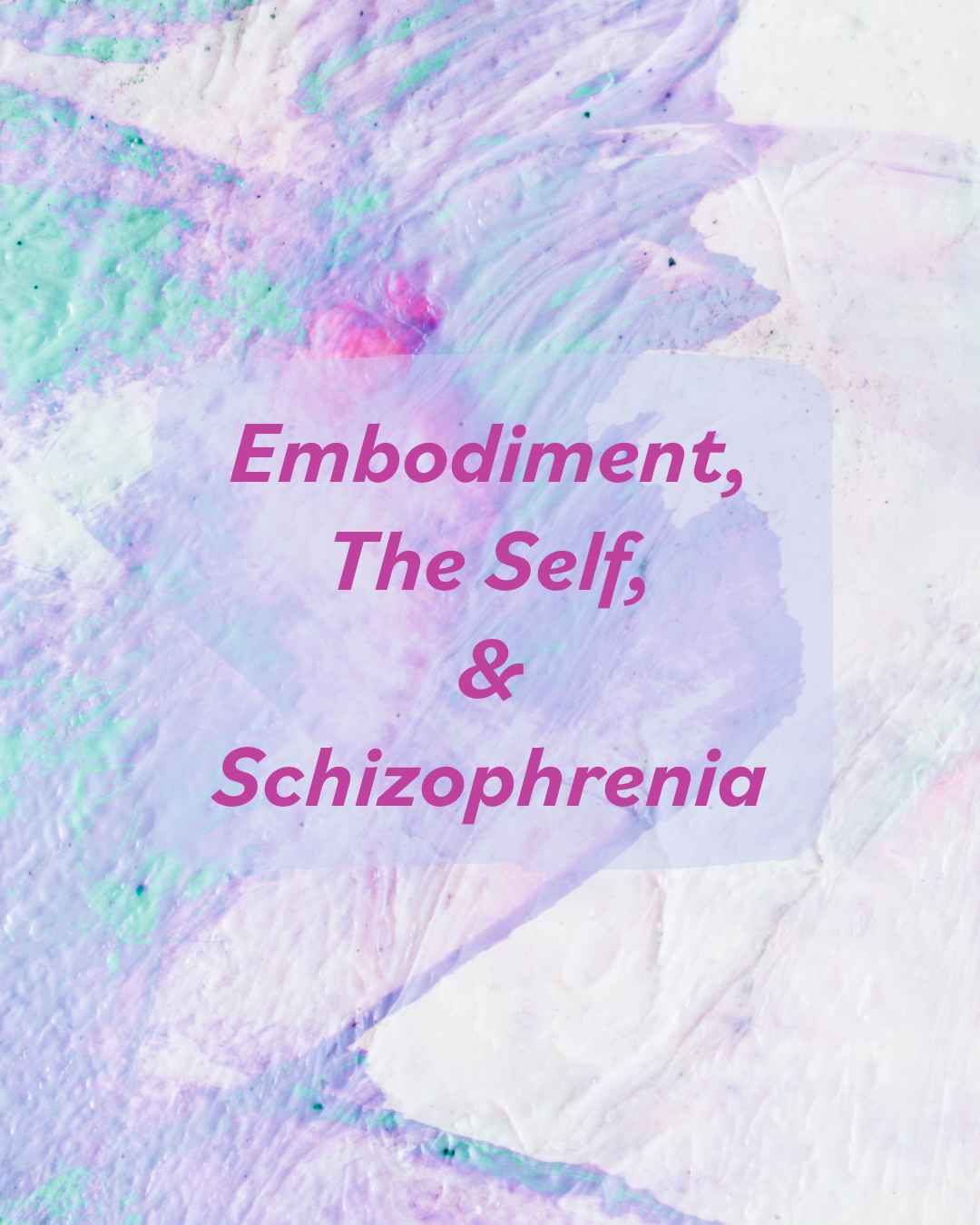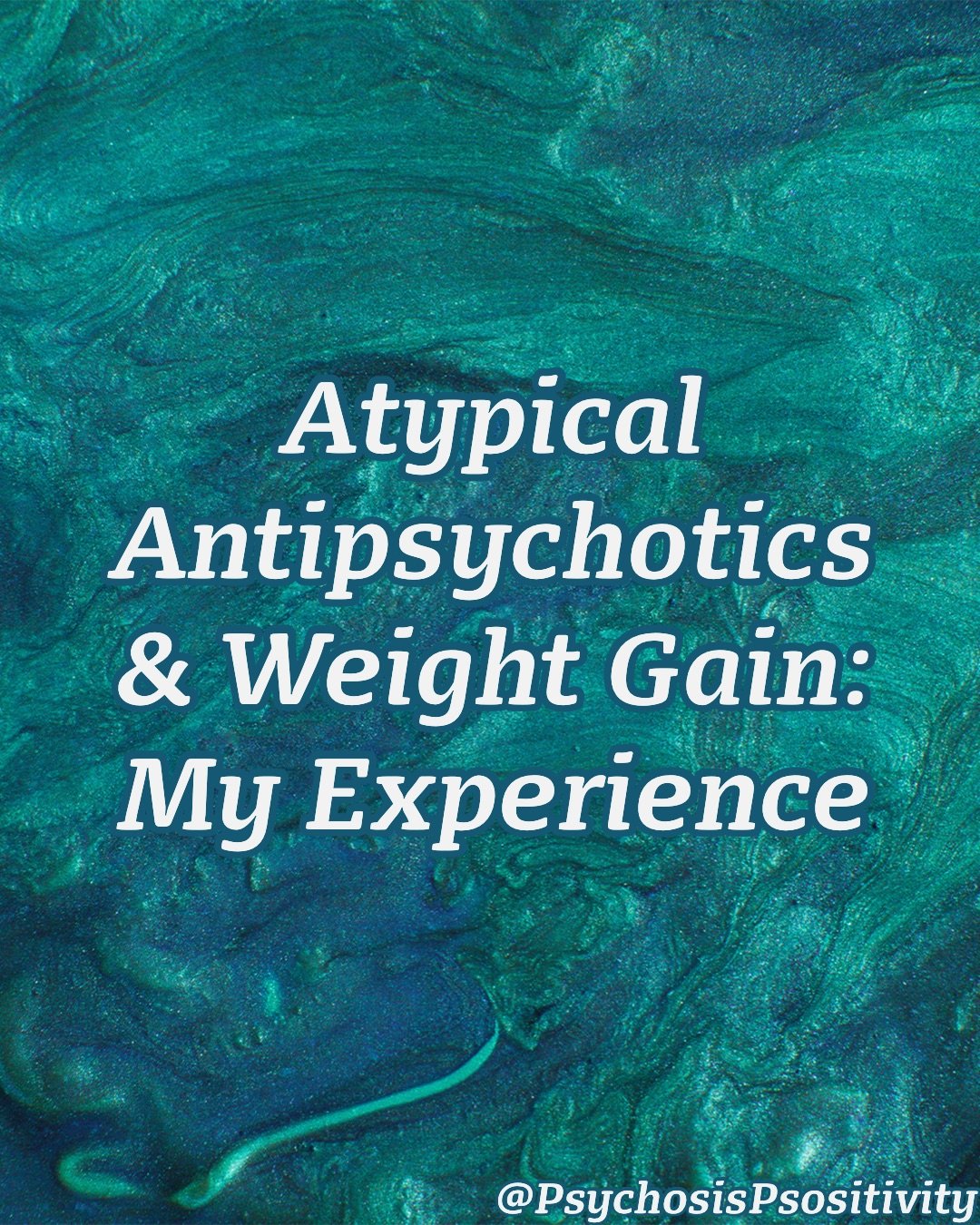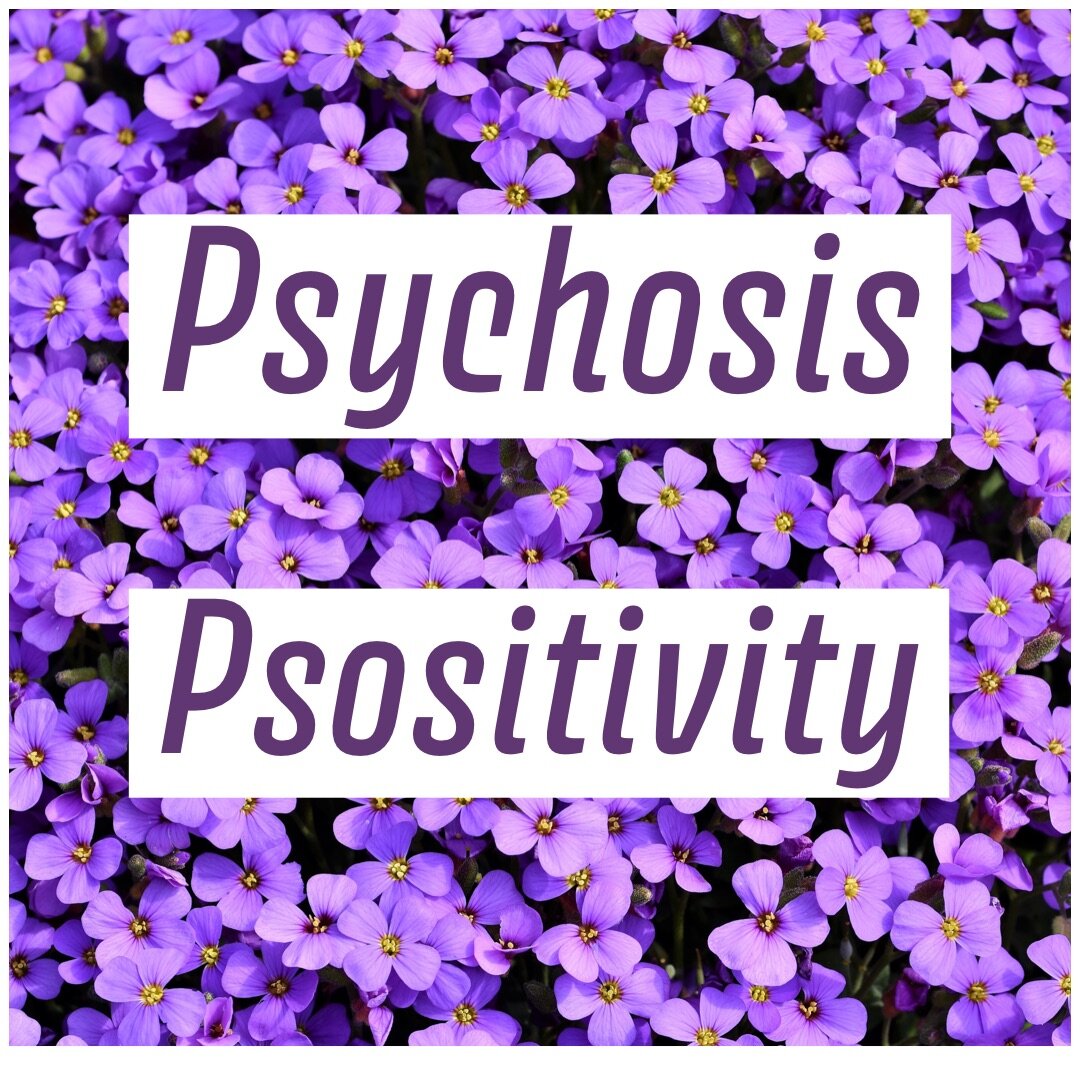
A Return To Structural Dissociation
I’ve talked previously in my content about my experiences with Dissociative Identity Disorder (DID), particularly of my experiences as an Integrated System. The past couple of months I have been exploring my remaining Structural Dissociation/Fragments further, Fragments that I had previously not been aware of, and it is has been fascinating. This has been in tandem with a course project that I have been working on for one of my Graduate classes on Attachment Trauma and Systems Theories. My journey did not begin voluntarily, but rather as a necessity as Dissociative Symptoms began intruding on my life again. Before we dive into more recent events, let’s go over my experiences with DID proper…

October Ghosts
Trigger Warning: Suicide, Eating Disorder, Unreality, Bullying Discussion
The wind blows gently, causing yellow leaves to dance and swirl as they drop from maple trees. The blistering heat and oppressive humidity of the summer season have left and autumn has finally reached the mid-Atlantic. When I was a child, fall felt like new beginnings, more New Year than New Year’s Day. There was always a strong Hope in me that this would be the school year that I would find my Forever Friends, that I would be accepted, that the torment would stop—and each year my hopes were vanquished. Halloween was a high point for my young Schizotypal self, I loved imaginary play deeply, engaging in it longer than many of peers, and Halloween was a vivd, immersive experience for me.

On Family Estrangement: A Personal Dilemma
It’s very common for Schizophrenic & Psychotic people to struggle with their families—there’s even a clinical term for the negative attitude loved ones of Psychotic people often show, “Expressed Emotion”. Expressed Emotion is associated with poorer patient outcomes, and treatment for Schizophrenia/Psychosis often focuses on reducing it (de Mamani et al, 2021). Many Psychotic people also have Trauma histories that date back to childhood (Davis et al, 2016). From my personal experience having worked with this Community for several years now, Familial Estrangement of some form honestly seems more common than the opposite.

Spirituality & Schizophrenia: Where Lines Blur & The Fabric Breaks
Trigger Warning: Heavy Discussion Of Religion & Spirituality, Discussion of Suicidal Ideation
I have Schizophrenia, and as I have discussed extensively here & on my other platforms, my life has filled with extraordinary as well as extreme experiences beyond normal reality. Throughout my life, going back to early childhood—just as my Schizophrenia does—are experiences of the Transcendental & the Sublime, experiences that straddle the line between Unreality & Beyond Reality

Vignettes Of Mania
Trigger Warning: Suicidal Ideation/Behavior, Unreality, Detailed Descriptions of Psychiatric Experiences, Substance Use References
Age 13: You’ve only slept about 7 hours in the past 3 days, but that’s Okay. You feel fine, light as a feather, Elated. Life is Beautiful. You’re Healing. Yes, things are Getting Better. The light shining in from the hallway windows glitters and dances around you, and golden sparkles dance from your finger tips and feet as you make your way through the corridor…

Embodiment, The Self, & Schizophrenia
At its core, Schizophrenia involves a distortion of the sense of Self from what is considered “Normal” or most common. Schizophrenic people experience a break between our sense Us and Not Us, of the Preconscious and the Conscious. We do not carry a cohesive narrative of the Self the same way that others do, experiencing intrusions in the form of Delusions. The lack of differentiation between the Inner & Outer Self might also be responsible for symptoms like Thought Projection, the belief that others can read your thoughts. We do not experience the Embodied Self the same way non-Psychotics do, not connecting to our own bodies or others’ the same ways seen in Non-Psychotics. This leads to Symptoms such as Depersonalization, many of our Social Differences, and some Cognitive issues. (Szczotka & Majchrowicz, 2018; Tschacher, 2017)
But what does all that mean in real terms?

How Do You Celebrate A Birthday You Never Thought You’d Live To See?
Trigger Warning: Suicidal Ideation, Disordered Eating, Body Shaming, Self-Harm Mention
My birthday is this month, and it doesn’t feel real. I am turning 25; the number feels unnatural, an awkward-shaped candy rolling around in my mouth I keep feeling the urge to spit out. How do you accept the reality of an adulthood you never thought you’d see because of chronic childhood Trauma and early Suicidal Ideation? This is a concept I have wrestled with for several years, and every year brings up different emotions and perspectives. Perhaps this year it feels more pronounced because of the milestones of the past year: I have graduated with my Bachelor’s, I am restarting Graduate School in the Fall, and I have established my online presence. I have built the foundations for my adult life working for and with the Psychosis Community—a future I didn’t think I would have. As I have built and continue to build this future, I draw upon the many difficult experiences of younger years and work to heal the wounds of Child and Adolescent Self. Those iterations of my Self feel at the same time both intimately familiar and deeply alien; I know her and I don’t. Who was I, and who am I now?

The Feelings Behind Blunted Affect
They say I don’t show emotion Properly, as if there is such as thing as showing an emotion Properly.
They call my expressions “Flat”, my way of being is characterized as a disorder of “Deficit” or “Absence”.

Having An Eating Disorder Within The Context Of Schizophrenia & DID
Trigger Warning: Discussion of Eating Disorder, Child Abuse, Bullying, Delusional Thinking, and Self Harm
This week marks National Eating Disorder Awareness Week for 2022. Eating Disorders have been found to be more common among Schizophrenia Spectrum patients, with an association between Binge Eating and Antipsychotic usage (Sankaranarayanan et al, 2021). I personally struggled with various forms of Disordered Eating (DE) and acute phases of Eating Disorders (ED) for about 10 years, from the ages of 11-21. My experiences were related to my Schizophrenia, as well as the Dissociative Identity Disorder I experienced at the time.

Save The Earthworms: “Psychotic” People Aren’t What You Think We Are
When people say the words “Psychotic” or “Delusional”, they are not referring to a complex brain condition. Rather, they are using their tongue as a weapon to try and paint whoever it is they do not like or disagree with violent, irrational, and unreasonable. I’m pretty certain that I’ve heard the word “Psychotic” used as a pejorative more times in my life than I’ve heard it used by medical professionals, and I’m a diagnosed Schizophrenic. To these people, “Psychotic” is loose-cannon, it is unpredictable, volatile, and fearsome. In American society, “poor mental health” has become a throw-away for societies ills and violence.

When The Glass Shatters: What Happens When The Delusion Breaks
TW: Substance Use, Abuse/Bullying, Surveillance, Religious Delusions, Suicidal Ideation, Skin Picking Mention
The drop felt like release from an oxygen high. I felt Dissociated, dizzy, staring at my phone in a daze. For over 10 years I’d had this Delusion, and in one minute it had been definitively proven false.

Community Discussion: Schizophrenic Overwhelm
Schizophrenia is a complex Neurodevelopmental Disorder. As the body of research on the condition grows, it appears no aspect of the Central Nervous System is unaffected by the condition, even the Neuroendocrine System (Yates, 2016). One under-appreciated trait of Schizophrenia is our propensity to experience Sensory Overload. Many people do not realize that Schizophrenics can experience Sensory Overload, or realize the severe breakdowns it can cause. In this essay, I present the concept of Schizophrenic Overwhelm (concept can also be modified to Psychotic or Bipolar overwhelm if necessary).

I Don’t Fight Schizophrenia; I Am Schizophrenic
Trigger Warning: Suicide, Eating Disorder, Abuse Mention
How do you “fight” Schizophrenia? You see this terminology used sometimes, mainly by non-profits and non-Psychotic loved ones of Schizophrenics, and it always rubs me the wrong way for a variety of reasons (British Columbia Schizophrenia Society--Example). How do you fight something so integral to your own Neurology, and not lose? I tried to fight my body for a long time, and lost. Let me take you back in a little, and show you why I don’t “fight” my Schizophrenia anymore…

Atypical Antipsychotics & Weight Gain: My Experience
Trigger Warning: Discussion of Weight, Eating Disorders, Suicidal/Self-Harm Ideation, and Abuse
“Whose body even is this?” I remember the horror dripping through me as I looked at the angry purple stretch marks lining my protruding stomach. My mother had referred to my arms as “ham-hocks” and I could no longer get comfortable easily from the way my skin folded.
I had gained weight— lot of it, and very quickly

What’s It Like To Have Schizophrenia: Reflections
Trigger Warning: Unreality
Schizophrenia is like walking through a funhouse mirror. Through. The world is twisted and bent, nothing looks the way it is “supposed” too. You have to guess as to what people mean and what they’re really saying, and often you have to guess if you are seeing what you’re really seeing. The distorted reality around you makes you question yourself, and there’s always some upset in the pit of your stomach as you don’t know if anything is really happening as you see it. But you live your life as best you can, because surely everyone lives like this, and you’re the only one who can’t handle it….

The Disorientation Of Growing Up Schizophrenic
To be Schizophrenic is to be inherently nonconformist. Schizophrenia is a neurodevelopmental disorder, and no area of the brain appears to be untouched by the condition, even the neuroendocrine system (Yates, 2016). Every aspect of how we think and operate in the world is somehow painted by our Schizophrenia. Since Schizophrenia is neurodevelopmental, parts of it are with us from early on. While most people do not develop full symptoms until late adolescence or young adulthood, myself and many people I have met in my work experienced Psychotic symptoms from early childhood.

Reproductive Ethics And Antipsychotic Medication
Antipsychotics are the primary medications used to treat Psychotic conditions. These drugs are divided into two classes: Typical and Atypical; or First-Generation and Second-Generation. The primary mechanism of action for Antipsychotics is blocking D2 receptors, which signal Dopamine—

Are People Who Hear Voices Really Dangerous?
In the public and often clinical eye, there is a profound wariness to the symptom of Voice-hearing, especially the symptom of Command Voices. For the uninitiated, Command Voices are when a person perceives a hallucinatory Voice or Voices that instruct them to commit some sort of act, stereotypically negative. The iconic Common Voices scenarios has a cowering and frightened Psychotic person (generally a young man) who feel overpowered by malevolent Voices who he feels control him. Seduced by these dark the figures, the Psychotic man then goes and commits some heinous act, going from mental patient to scourge of society. Is this image really accurate? Let’s take a look at what the research into Command Voices says, along with what actual Psychotic people report

On The Philosophy of Delusions
Is a delusion a belief? It seems like a simple enough enough question to answer on face value; yes of course I believe my delusions, but is actually a quite hefty question. What constitutes a belief? Do delusions meet these standards, or do they represent some other cognitive process? How do we obtain beliefs, and do delusion follow this pattern? We will discuss these questions together promptly.
